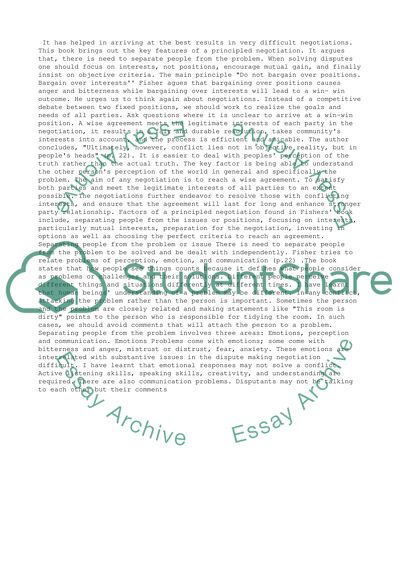Cite this document
(“Getting to Yes or Getting Past No Book Report/Review”, n.d.)
Getting to Yes or Getting Past No Book Report/Review. Retrieved from https://studentshare.org/management/1487023-getting-to-yes-or-getting-past-no
Getting to Yes or Getting Past No Book Report/Review. Retrieved from https://studentshare.org/management/1487023-getting-to-yes-or-getting-past-no
(Getting to Yes or Getting Past No Book Report/Review)
Getting to Yes or Getting Past No Book Report/Review. https://studentshare.org/management/1487023-getting-to-yes-or-getting-past-no.
Getting to Yes or Getting Past No Book Report/Review. https://studentshare.org/management/1487023-getting-to-yes-or-getting-past-no.
“Getting to Yes or Getting Past No Book Report/Review”, n.d. https://studentshare.org/management/1487023-getting-to-yes-or-getting-past-no.


